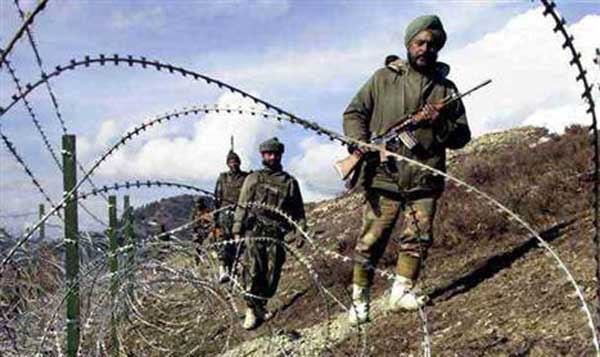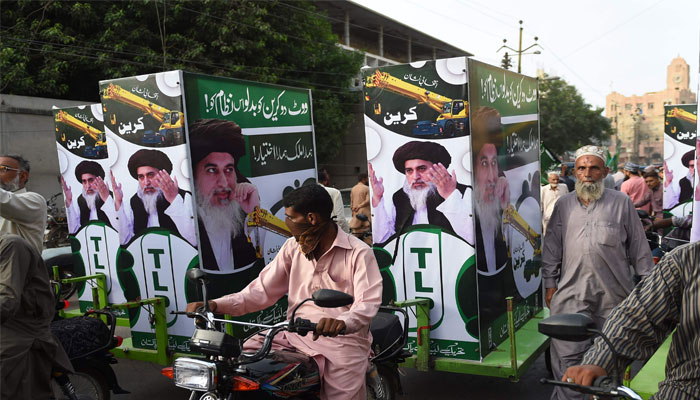IDR Blog
Summer is around the bend

The Indian armed forces have gained immense experience, over the decades, on the impact of the weather along its troubled borders. Hence, the army maintains separate summer and winter postures. Summers are periods of heightened activities, when infiltration attempts are made regularly along the LoC and Chinese salami slicing increases along the northern borders. Indian reserve formations are deployed in their traditional training areas along the northern borders as a precautionary measure, while multiple counter-infiltration grids are established along the LoC.
Winters are periods when both the LAC and LoC are relatively peaceful. While the situation on both borders is different, the impact of winters is equally severe on all sides. Passes close, weather is harsh and inhuman, ensuring the toughest survive, while movement remains restricted. Along the LoC, in the higher reaches, snow makes detection of infiltration easier, especially when employing aerial sources, while adding difficulties to movement, ambushes and patrols. In summary, during winters, the forces deployed along the borders have to battle the weather as an additional enemy.
In Ladakh, where the Chinese had intruded, both forces remained deployed through most of the winters, with a pullback having taken place only on both sides of the Pangong Tso. Agreement on other regions have yet to be reached. Through winters, the forces deployed on the front lines, along the LAC, were regularly rotated to minimize losses due to weather conditions. The experienced Indian forces managed better than the PLA, for whom it was the first such deployment in decades.
India and Pakistan have agreed to a ceasefire along the LoC. The same came into effect in the third week of Feb and continues to hold. Whatever the reason for Pak accepting a ceasefire, the fact that it remains in place and border meetings at different levels with the intention of ensuring it holds continue, is in itself a sign that both nations are seeking to give peace, a chance.
The army chief had stated in a recent interaction, ‘that in the whole month of March, we have not had a single shot fired at the Line of Control (LoC) barring an odd incident. It is for the first time in about five or six years that the LoC has been silent.’ He added, ‘The terror infrastructure and launch pads remain in place. We have detailed intelligence of each of those camps, locations and likely strength of terrorists awaiting and who have undergone training and are present there, perhaps waiting for an opportunity to cross over.’ Evidently, these are early days and with a huge trust deficit there is always distrust on intentions of the other.
With snow still blocking the passes, there is little chance of successful infiltration. Forces manning the LOC claim that they have no inputs on any attempts at infiltration since the ceasefire came into effect. The ceasefire is a tactical decision, which is possibly a prelude to a strategic dialogue, which may only happen if the tactical scenario remains peaceful. A peaceful LoC implies that the Pak army, which has possibly been involved in discussions on announcing the ceasefire is holding its end of the bargain.
A tactical ceasefire is the first step in building much-needed confidence between the two forces. There has been no response to the announcement of the ceasefire by terrorist group leaders implying that either they have been taken on board or the press has been compelled to ignore their comments. For any success in dialogue, there has to be a semblance of peace along the LOC.
The Indian government has insisted that talks and terrorism cannot go together. Infiltrated and local terrorists would be dealt with by security forces within Kashmir. What assumes greater importance is infiltration of fresh terrorists under cover of firing. The question currently in minds of strategic planners is whether the current thaw in relations will remain in place through the summers, when melting snow and opening of passes enables infiltration. The Indian army chief had stated on 30th March, ‘for terrorism to come down, terrorist camps have to be dismantled. Only when snow melts will we know how serious Pakistan is.’
If the current scenario continues, then it is definitely a sign that Pakistan is serious on peace and talks at the strategic level could commence as its tactical actions appear positive.
Along the LAC, there is a similar scenario in winters. Historically, the PLA withdraws to the mainland in Oct/Nov every year, leaving the LAC to be managed by the Border Defence Regiment and militia’s, all of which comprise of local residents, capable of withstanding the harsh climate. All offensive actions by China normally take place in summers when movement is easier, and the PLA returns to the region. The last incursion in Apr-May last year was on the pretext of exercises. There are normally no major incidents during winters.
Currently, talks are ongoing, at both military and diplomatic levels for return to status quo in different parts of Ladakh. As winters commenced forces dug in and remained in situ. Troops which have been withdrawn as per the agreement remain close to the LAC and have yet to move back to base. The army chief had stated recently, ‘Unless a substantial amount of de-escalation takes place and the troops that had come from multiple places and are currently within striking distance of the border go back, the threat remains.’
Discussions with China would continue in the months ahead. A resolution is nowhere on the horizon. However, with summers approaching, forces can no longer be lax. Reports of Chinese forces enhancing their strengths continue flowing from different parts of the LAC. It is possible that while they would accept status quo in Ladakh, they may attempt a similar ingress elsewhere.
For both, the LAC and LOC, the coming months (summers) would determine whether India would witness an era of peace or the overtures are only a means of seeking a pause prior to violence being restored. For the army, the summer is always tougher and busier than winters.
Courtesy: https://www.dailyexcelsior.com/summer-is-around-the-bend/




